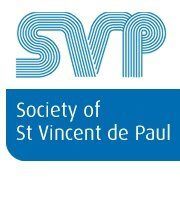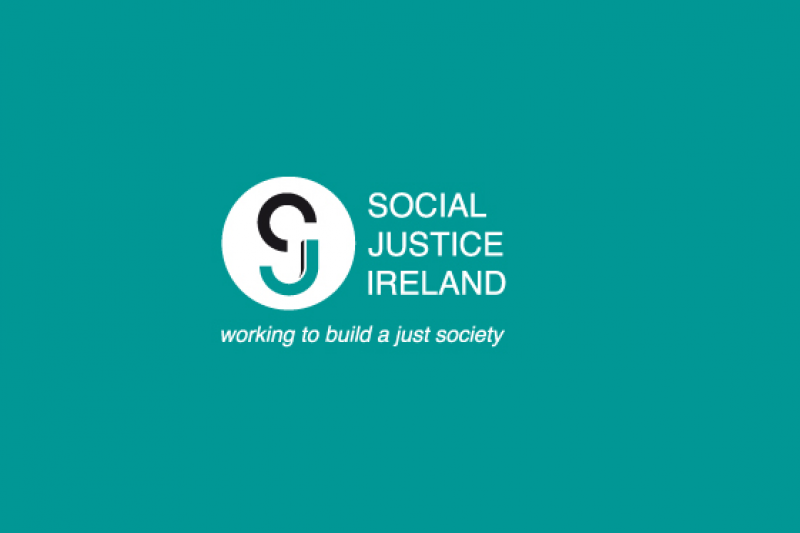
By Ann Marie Foley - 15 January, 2020
 The Society of St Vincent de Paul (SVP) has welcomed what it called the “long awaited” publication of a plan to tackle poverty in Ireland.
The Society of St Vincent de Paul (SVP) has welcomed what it called the “long awaited” publication of a plan to tackle poverty in Ireland.
Roadmap for Social Inclusion 2020–2025 sets a target of reducing the share of the population in consistent poverty, but the SVP was disappointed that there is no firm commitment to benchmark social welfare payments.
The plan sets out a target to reduce consistent poverty to 2 per cent or less by 2025, down from the 2018 figure of 5.6 per cent of the population or approximately 270,000 people who were living in consistent poverty according to 2018 figures.
“Ireland hasn’t had a national strategy to tackle poverty for over two years now, so we are pleased to see the publication of this Roadmap,” said Dr Tricia Keilthy, Head of Social Justice, SVP.
“Over the coming years, we will continue to advocate to ensure that measures to tackle poverty are a key priority,” she said.
The Roadmap published on 14 January 2020 contains 22 targets and 66 commitments for various government departments which move beyond the traditional focus on income poverty.
Its “National Measures and Targets Table” states that it will “maintain the ambition” to lift more than 70,000 children (aged 0–17) out of consistent poverty by 2020 – it states that the actual number of children in poverty in 2018 was 92,000 and the target for 2020 is 37,000.
The same table in the Roadmap document quotes Rebuilding Ireland, which was to deliver 50,000 new social homes through build, refurbishment, acquisition and leasing by 2021 and 12,000 annually after that.
“With rising living costs, access to quality services such as health, education, childcare and adequate housing are vital so people can get out and stay out of poverty,” said Dr Keilthy.
The Roadmap sets important objectives to benchmark the state pension by 2021, but contains very little detail on its plans for other social welfare payments, which the SVP would like to see set at a rate that provides people with a minimum standard of living.
“Without an adequate income, people get locked into poverty as they don’t have the means to access opportunities or to fully participate in society,” she continued.
The SVP highlighted that in 2018 the gap between social welfare and the cost of a minimum essential standard of living (detailed by the Vincentian Partnership) was €80 per week for a one-parent family with two children, €47 per week for a single adult living alone, and €74 per week for a two-parent household with two children.
 Separately in December 2019, Social Justice Ireland (SJI) reported on poverty rates, stating that during the last decade single-person households were particularly badly hit while other household types fared better.
Separately in December 2019, Social Justice Ireland (SJI) reported on poverty rates, stating that during the last decade single-person households were particularly badly hit while other household types fared better.
SJI noted that single-person households made up a greater proportion of all Irish households and that poverty figures from the Central Statistics Office (CSO) suggest that these single-person households struggle more than others to achieve a minimum socially acceptable standard of living.
SJI highlighted the annual statistics in the Survey on Income and Living Conditions (SILC) for 2018, which showed that those at risk of consistent poverty in Ireland included:
• 689,000 people, of which 202,000 are children.
• 111,000 people who are in employment – the “working poor”.
• the over 65s, whose number has risen by 20,000 to around 78,000.
Overall there were 36,000 more people living at risk of consistent in poverty in Ireland in 2018 compared with 2008. Other statistics for the decade that SJI highlighted were:
• The poverty rate for people aged 65 and over who are living alone has increased by 8.7 per cent – an 80 per cent increase.
• One in three working-age adults living alone were living in poverty, up from one in four in 2008. This is an 8.3 per cent increase.
• One in three households composed of one adult with children under 18 years were living in poverty, a slight decrease of these households – however, these single-parent families as a group experience greater poverty than the general population.
Social Justice Ireland has previously published 12 policy proposals for addressing income inequality and reducing poverty rates including:
– Ensuring adequate adult welfare rates, and moving rates towards the Minimum Essential Standard of Living rates over a five-year period.
– Making personal tax credits refundable to tackle poverty among people with low-paid jobs.
– Supporting the widespread adoption of the Living Wage, so low-paid workers receive an income sufficient to afford a socially acceptable standard of living.
– Introducing a Cost of Disability payment, to ensure that the additional cost of having a disability is acknowledged and more appropriately addressed.
– Introduction of a Universal State Pension to ensure all older people have sufficient income to live with dignity.